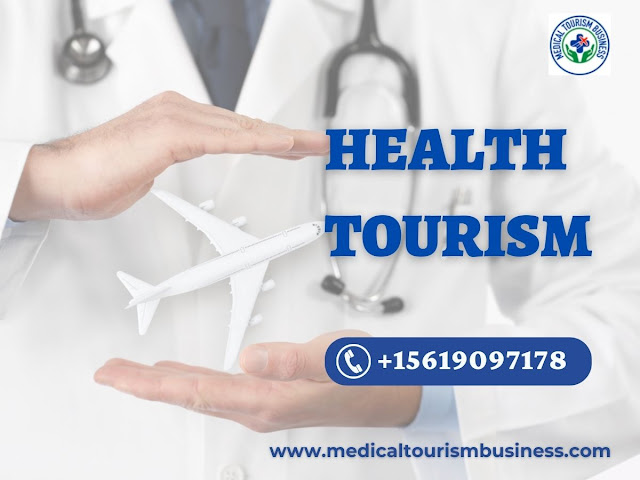How to Create Strong Hospital Agreements in Medical Tourism
When it comes to running a medical tourism company, one thing can protect your business more than anything else — your contracts. Before you ever plan, coordinate, or organize a client’s medical trip, you need clear, signed agreements in place.
Two of the most important are your hospital contracts and your patient agreements. These documents define your relationships, outline expectations, and help prevent misunderstandings once a client begins treatment abroad.
Before signing with any overseas hospital, take time to vet them properly. The best way is through an on-site visit — touring the facility, meeting staff and doctors, and seeing how patients are treated firsthand. If possible, speak with current patients and use a site visit form to record key details like the nurse-to-patient ratio, number of beds, and overall quality standards.
If traveling isn’t possible, do thorough online vetting — verify accreditations, facility standards, and patient-care practices. Legitimate hospitals are proud to share their certifications, and you can cross-check them with the issuing organizations.
After you’ve vetted a hospital and decided to partner, the next step is putting everything in writing. Your contract should define exactly how the partnership will work — from the level of care your clients get to how payments are handled. Here’s what that means in practice.
Defining the Standards of Care
Your contract should clearly state the quality of care your clients will receive once they arrive at the partner hospital. This includes working only with licensed and accredited physicians, maintaining a professional nurse-to-patient ratio, and ensuring that patients have access to clean, comfortable recovery rooms. You can also add expectations such as having English-speaking staff available or ensuring someone is on call to assist with any questions the patient may have. Setting these standards up front protects your reputation and guarantees a consistent experience for every client you send.
Clarifying the Payment Terms
Money is one of the easiest places for misunderstandings to happen. Spell out the exact commission or referral fee, how much it will be, and when it’s due. For example, do you get paid a flat fee per patient or a percentage of each treatment? Will payments be released 15, 30, or 45 days after the procedure? The goal is to make timing and amounts unambiguous so there’s no confusion once a client completes treatment.
Determining Who Handles Client Payments
Finally, outline how payments will flow. Some facilitators collect payments directly from the patient and then pay the hospital, while others allow the hospital to bill the patient and remit the facilitator’s commission afterward. There’s no single right way — only the way that works best for both sides. Whatever you decide, make sure it’s written, signed, and supported by clear documentation.
Every agreement should be written in black and white and signed by both parties. Clarity protects both you and your partners.
At Medical Tourism Business, we provide detailed contract templates to help you operate professionally and safely from day one. If you’d like to learn more, follow the link below to explore our full set of medical tourism contracts and packages.
Reach Your Full Potential in Medical Tourism with MTB
At MTB, we are dedicated to supporting professionals and organizations in the medical tourism industry as they strive for success. As a leading provider of certification, contracts, marketing, and support, we offer comprehensive programs, expert guidance, and valuable resources that are designed to help our members achieve their goals and reach their full potential in the global healthcare market. With a focus on excellence and innovation, we help our members stay ahead of the competition and navigate the complex and dynamic world of medical tourism.




Comments
Post a Comment